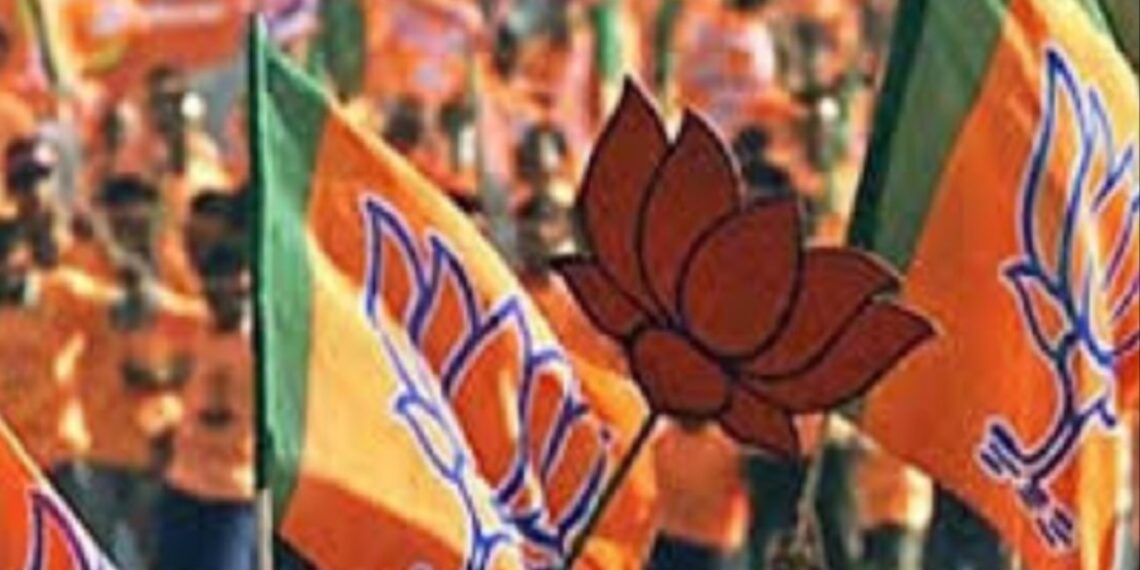New Delhi: BJP leader and former Tripura Chief Minister Biplab Deb on Tuesday clarified in the Lok Sabha that the imposition of President’s Rule in Manipur was not a forceful action but a constitutional necessity.
He explained that the decision arose from the inability to convene an assembly session within the prescribed time, which triggered constitutional provisions.
Speaking during a debate on supplementary demands for grants and the Manipur budget, Deb highlighted the significant progress made in the northeastern states under the leadership of Prime Minister Narendra Modi over the past decade.
Deb emphasised that Manipur has witnessed unprecedented development in rail and road infrastructure, transforming connectivity in the region.
“This level of progress was unimaginable for decades,” he stated, adding that these advancements have helped the people of the rest of India better understand and connect with the Northeast, which was previously overlooked.
He further noted that 75% of the Northeast is now free from the Armed Forces (Special Powers) Act (AFSPA), a milestone reflecting improved stability and governance in the region.
ALSO READ: Assam: Karbi Anglong hosts panel on women’s role in conservation, development
Detailing the Modi government’s initiatives, Deb pointed to several transformative measures, including the introduction of free health insurance and the incorporation of regional languages into MBBS courses.
He also underscored the landmark achievement of passing the women’s reservation law, which ensures 33% representation for women in the Lok Sabha and state legislative assemblies.
Comparing the current government’s success with the previous regime, Deb remarked that despite Sonia Gandhi’s leadership in the UPA, the Congress-led coalition failed to pass the law during its tenure.
Deb’s address reinforced the BJP’s narrative of prioritising development and empowerment in the Northeast while adhering to constitutional principles in governance.















